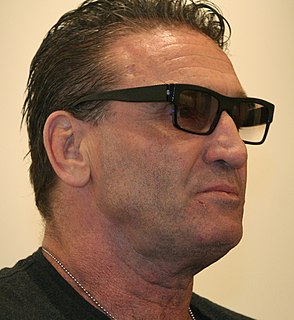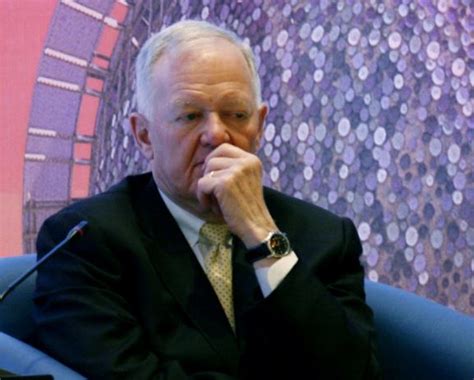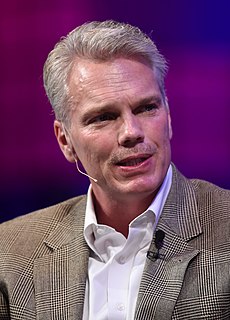A Quote by Ronnie Screwvala
We are calling ourselves a startup nation, but the number of people who set out on their own is very low; even 10,000 a year would be low in a country like India. We can say we are a startup nation but the world won't say it.
Related Quotes
China is soon to be probably the most powerful nation in the world, but they only making like $10,000 a year, and that's doing it. They're balling on $10,000 a year, and this is the strongest nation? But it's a billion people. The way it breaks down, if you really look at it, it's still built on the poor, on the backs of hundreds of millions of destitute, impoverished farmers that you'll never see. You just see Shanghai and you see Hong Kong.
For a long time, I've ranted against naming your startup community 'Silicon Whatever.' Instead, I believe every startup community already has a name. The Boulder startup community is called Boulder. The L.A. startup community is called L.A. The Washington D.C. startup community is called Washington D.C.
I've been very fortunate to be at the startup of a lot of different things. I was the startup of the Pancrase organization in Japan. Became a big figure over there. Then I was in the UFC and was at the startup of that, and I was a big figure in that. Twice. Not only in the beginning but also when it was taken over.
Science and vision are not opposites or even at odds. They need each other. I sometimes hear other startup folks say something along the lines of: 'If entrepreneurship was a science, then anyone could do it.' I'd like to point out that even science is a science, and still very few people can do it, let alone do it well.
Suppose a nation, rich and poor, high and low, ten millions in number, all assembled together; not more than one or two millions will have lands, houses, or any personal property; if we take into the account the women and children, or even if we leave them out of the question, a great majority of every nation is wholly destitute of property, except a small quantity of clothes, and a few trifles of other movables.

































